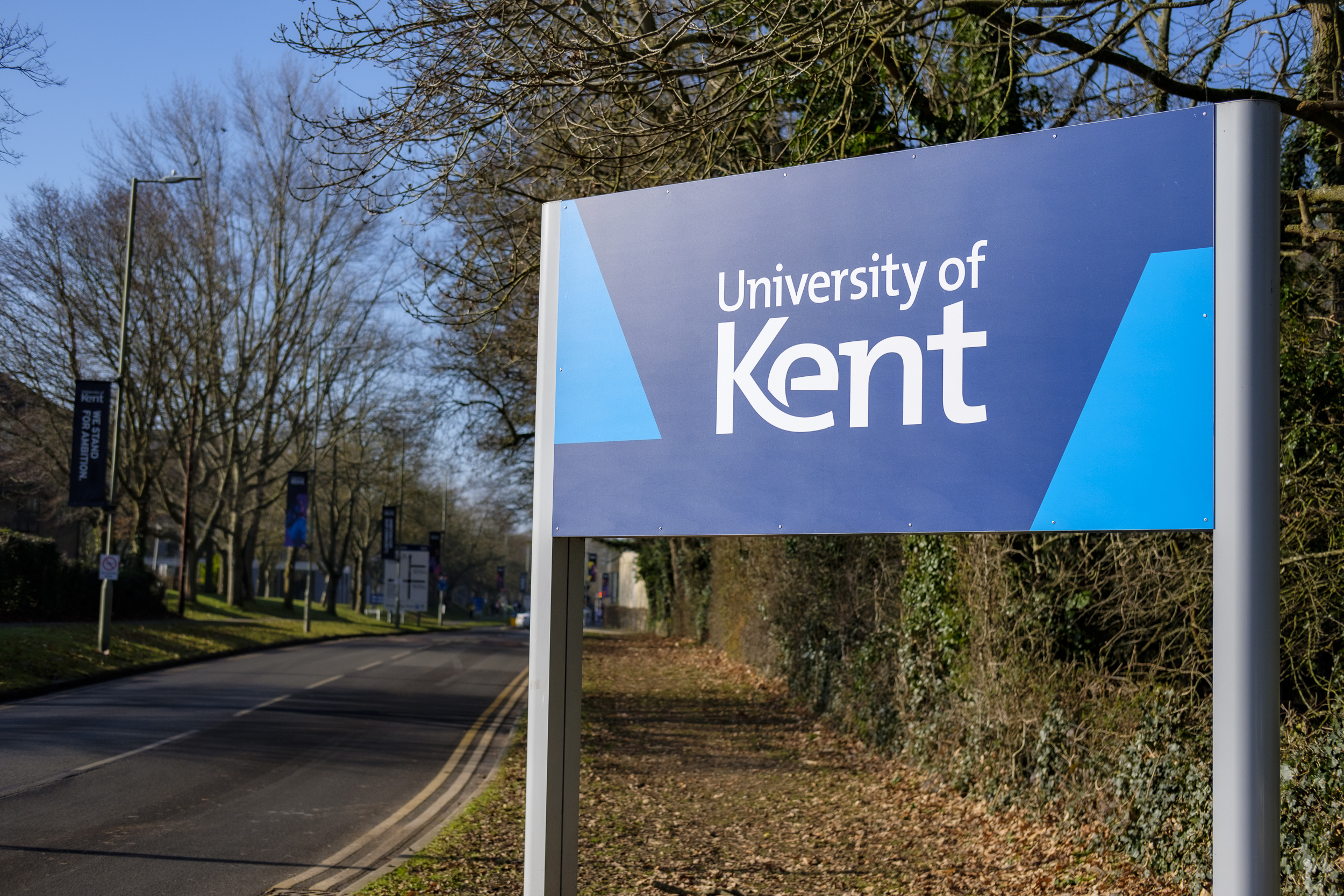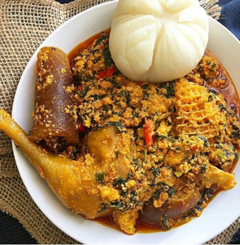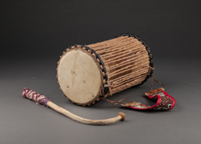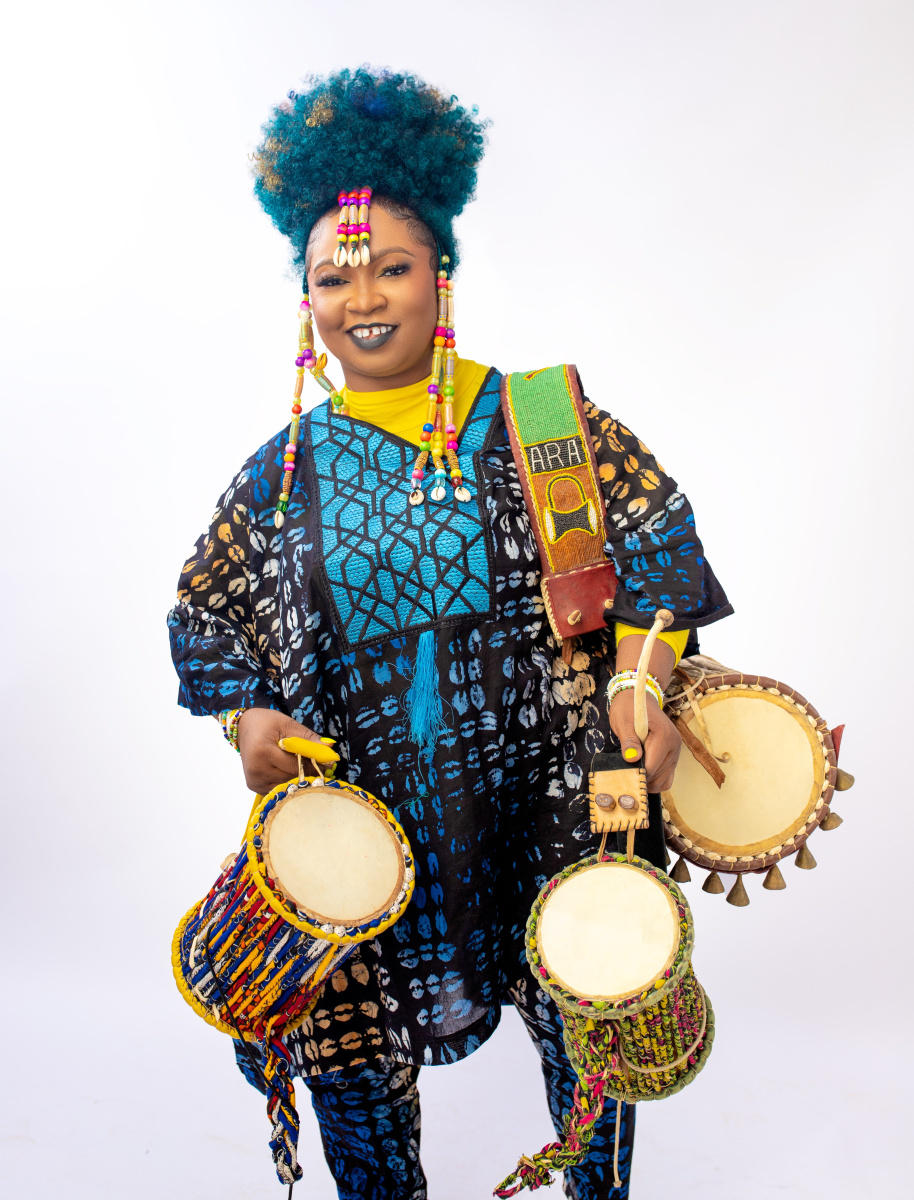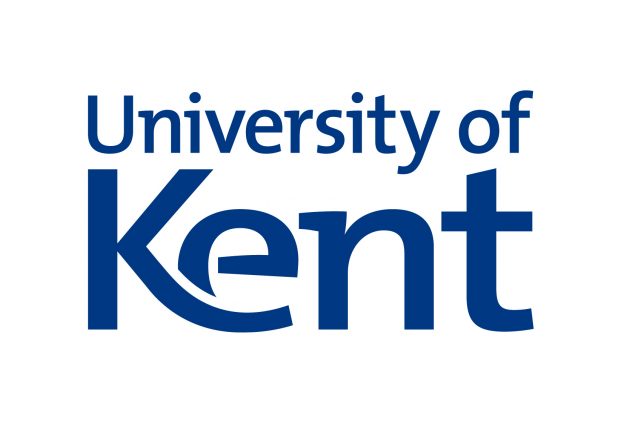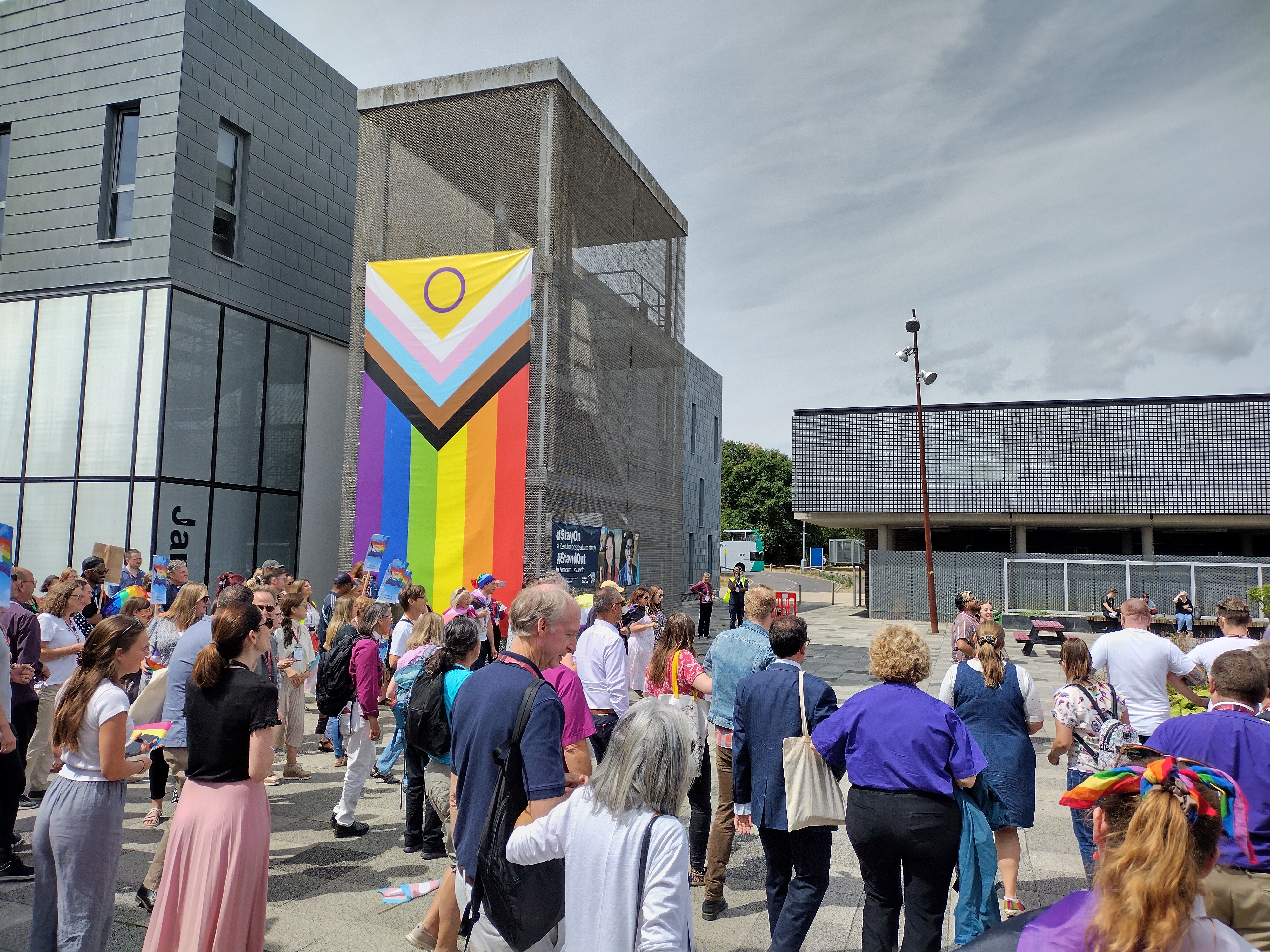A joint statement from Professor Karen Cox, Vice Chancellor and President of the University of Kent, and Zaid Mahmood, Student’s Union President, Kent Union
We are writing to you together to reflect on what has been a very upsetting time for many in our community. First and foremost we want to directly acknowledge the pain felt by our Israeli, Palestinian, Jewish and Muslim students and staff. We are here to listen and support and want to express our thanks to those who have shared their heartfelt concerns with us.
The recent appalling terrorist attacks in Israel and ongoing devastating war and escalating humanitarian crisis in Gaza continue to cause shock, hurt and concern across the world. It has also been heartbreaking to see rising antisemitism and Islamophobia here in the UK – we want to make it abundantly clear that there is no place for hate in any form on our campuses and as always will take a zero-tolerance approach to any instances.
When traumatic events like this happen, the importance of the University’s neutrality in political matters is made clear. While we express shared values around our mutual humanity, it is not our place to take any side – we must ensure we can support all in our community equally and that we foster an environment where thoughts and ideas can be discussed freely. That said, we are unequivocal in our condemnation of terrorism and steadfast in both our support for international law and for humanitarian approaches at all times. Civilian life must be protected – and peaceful solutions sought – with hostages released and vital aid prioritised where it will protect life.
Many of you will be struggling to make sense of what is happening in a part of a world you identify with, directly or indirectly. Lots have also understandably sought to stand with those they feel an affiliation to or in support of causes they feel strongly about. Our University is rightly an environment that facilitates healthy debate and discussion, while ensuring different views are respected. At all times, however, freedom of speech must take place within the law, avoiding racist or discriminatory language and rejecting extremist ideas that form part of terrorist ideology; and expressing support for a proscribed terrorist group, as Hamas are designated in the UK, is a criminal offence.
It is also crucial that people are considerate of the understandable fear, sadness and grief that many feel at the moment. Progress can only happen when opposing views have space to be heard; equally, tolerance, empathy and respect for others are values that must remain at the forefront of our minds. Many of our students and staff have direct links to Israel and Palestine – it is our shared responsibility to watch out for one another and to be mindful of this in how we communicate, whether online or in person.
Our Report and Support tool is there for anyone who experiences or witnesses discriminatory language or hate. We also have regular drop-in sessions hosted by Student Support and Wellbeing, while a multi-faith vigil is planned at Canterbury Cathedral on Monday 30 October for anyone who would like to come together with others to reflect and mark their support for a peaceful outcome. We are rightly proud to be a supportive University where people with many different backgrounds come together – through our collective efforts, we must work to ensure that that every member of our community feels safe and supported during these troubling times. Now more than ever, we must look out for each other.
Professor Karen Cox, Vice-Chancellor and President, University of Kent
Zaid Mahmood, Student’s Union President, Kent Union
** This statement was updated at 16.00 on 28 October to refer more directly to war in Gaza to better reflect the current situation and how this being reported elsewhere **
Read our earlier statement for more information on support for students
